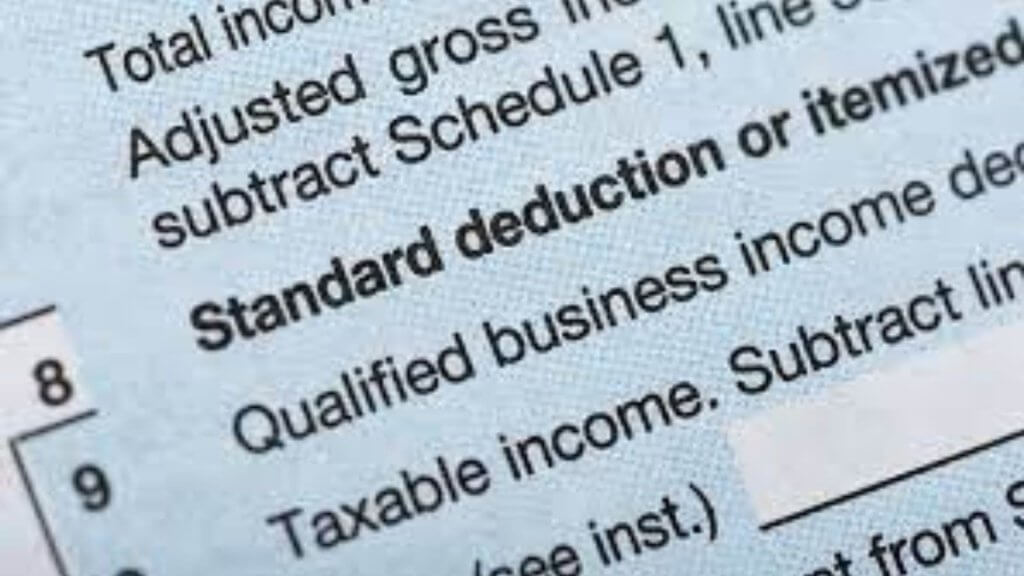
When it comes to filing your tax return, one of the most critical decisions you’ll face is choosing between itemized deductions and the standard deduction. Understanding the difference between these two options is so important for maximizing your tax benefits and ensuring you don’t pay more taxes than necessary. In this article, we will explore the key features of itemized deductions and standard deductions, their benefits, and how to determine which approach is right for you.
What is Standard Deduction?
A Simpler Approach The standard deduction is a fixed amount set by the tax authorities that allows taxpayers to reduce their taxable income without tracking individual expenses. It offers a straightforward and hassle-free way to claim deductions, especially for individuals with relatively simple financial situations. The standard deduction amount varies each year and depends on your filing status, such as single, married filing jointly, or head of household.
Advantages of the Standard Deduction:
- Claiming the standard deduction requires minimal record-keeping, making the tax-filing process less burdensome.
- Every taxpayer is entitled to claim the standard deduction, regardless of their expenses or financial situation.
- The standard deduction often increases each year, offering potentially higher deductions without additional effort.

What are Itemized Deductions?
A Tailored Approach, Itemized deductions, on the other hand, involves listing and deducting specific expenses from your taxable income. Unlike the standard deduction, itemized deductions require thorough record-keeping and documentation of eligible expenses. These deductions are more suitable for individuals with substantial expenses in certain categories, such as homeowners with mortgage interest or medical expenses exceeding a certain threshold.
Common Itemized Deductions
- Medical Expenses: Qualified medical expenses, including doctor visits, prescriptions, and health insurance premiums, can be deducted if they exceed a certain percentage of your adjusted gross income (AGI).
- State and Local Taxes: You can deduct state income taxes or sales taxes paid, as well as property taxes on your primary residence or real estate.
- Mortgage Interest: If you own a home and have a mortgage, the interest paid on your loan is generally deductible, subject to certain limitations.
- Charitable Contributions: Donations made to qualified charitable organizations can be deducted, promoting philanthropy while reducing your taxable income.
- Miscellaneous Deductions: These include expenses like unreimbursed employee business expenses, tax preparation fees, and investment-related expenses, among others.
Advantages of Itemized Deductions
Itemizing allows you to deduct potentially more significant expenses, which can lead to a higher overall tax benefit compared to the standard deduction. Itemized deductions give you the flexibility to tailor your deductions to your specific financial situation and maximize your eligible expenses. Tracking your expenses can lead to a better understanding of your financial habits and potentially identify areas for improvement.

Choosing the Right Deduction Method
Determining whether to take the standard deduction or itemize depends on your individual circumstances. Here are some factors to consider:
- If your eligible itemized deductions don’t exceed the standard deduction amount, taking the standard deduction is generally more advantageous.
- Itemizing deductions requires gathering and organizing supporting documents, such as receipts and statements. Assess whether the additional effort is worth the potential tax benefit.
- Significant life events like buying a house, having high medical expenses, or making substantial charitable contributions may tip the scales in favor of itemizing deductions.
- Some states have different deduction rules, allowing itemized deductions even if you choose the standard deduction on your federal return. Check your state’s guidelines to maximize your benefits.